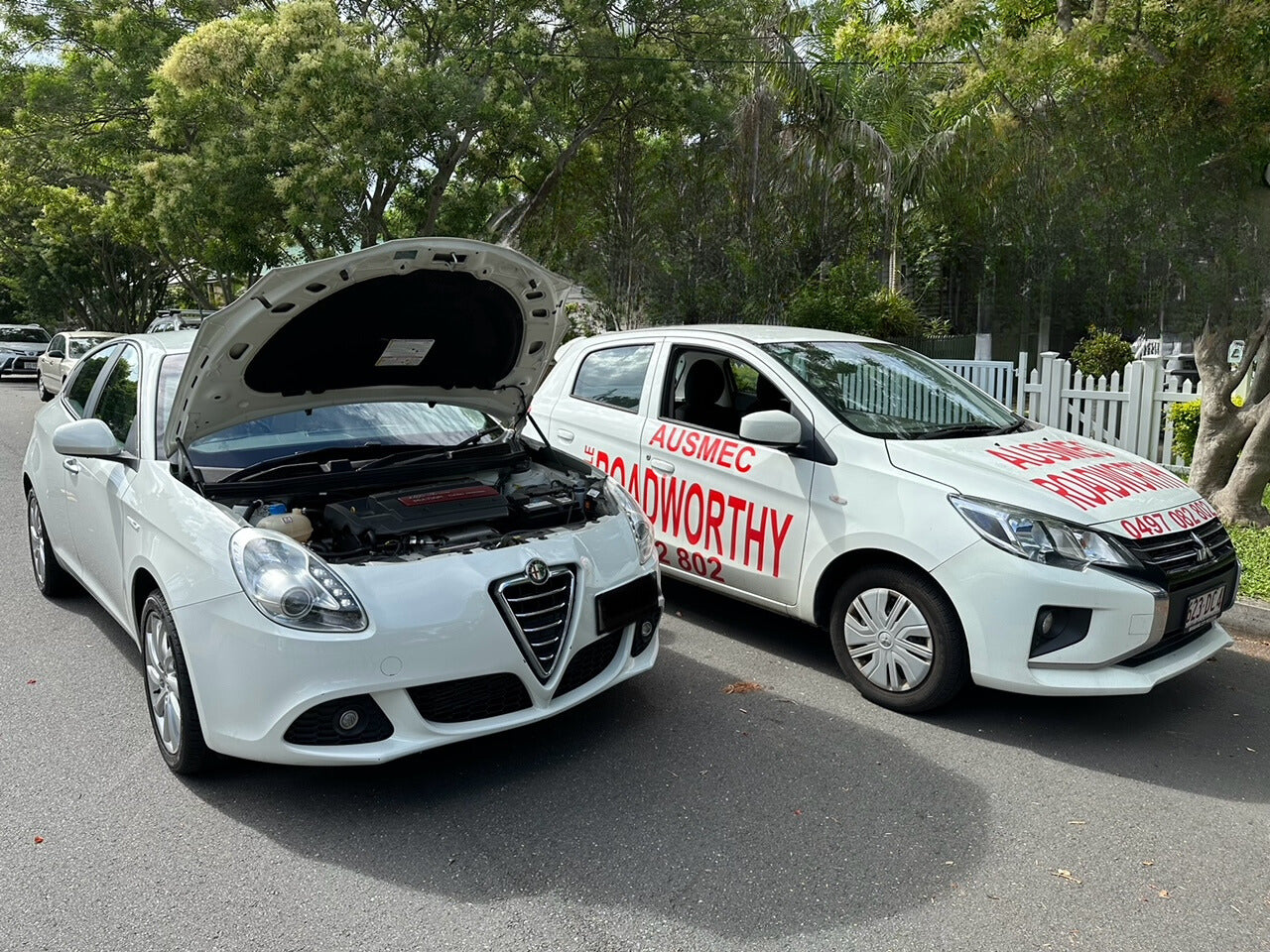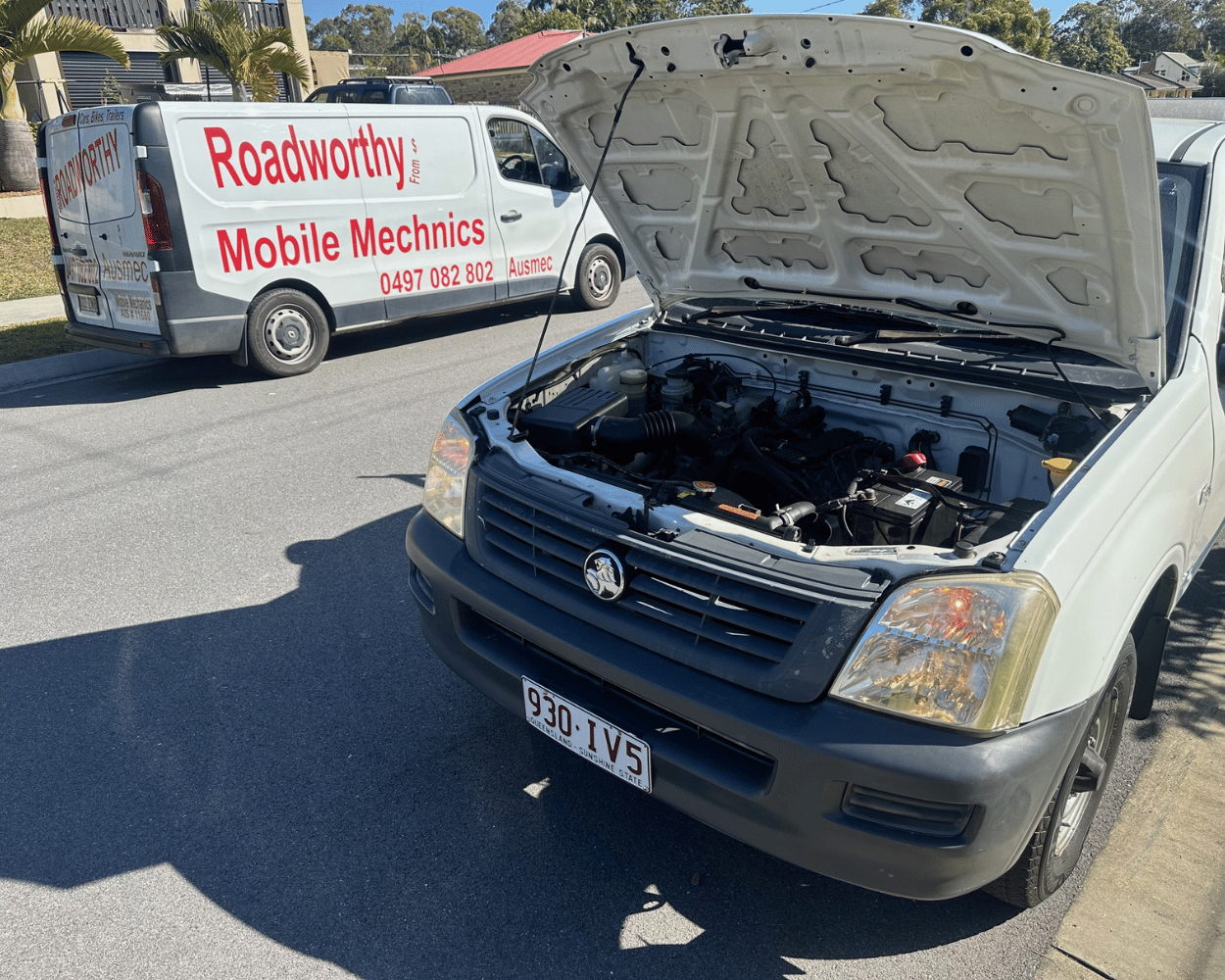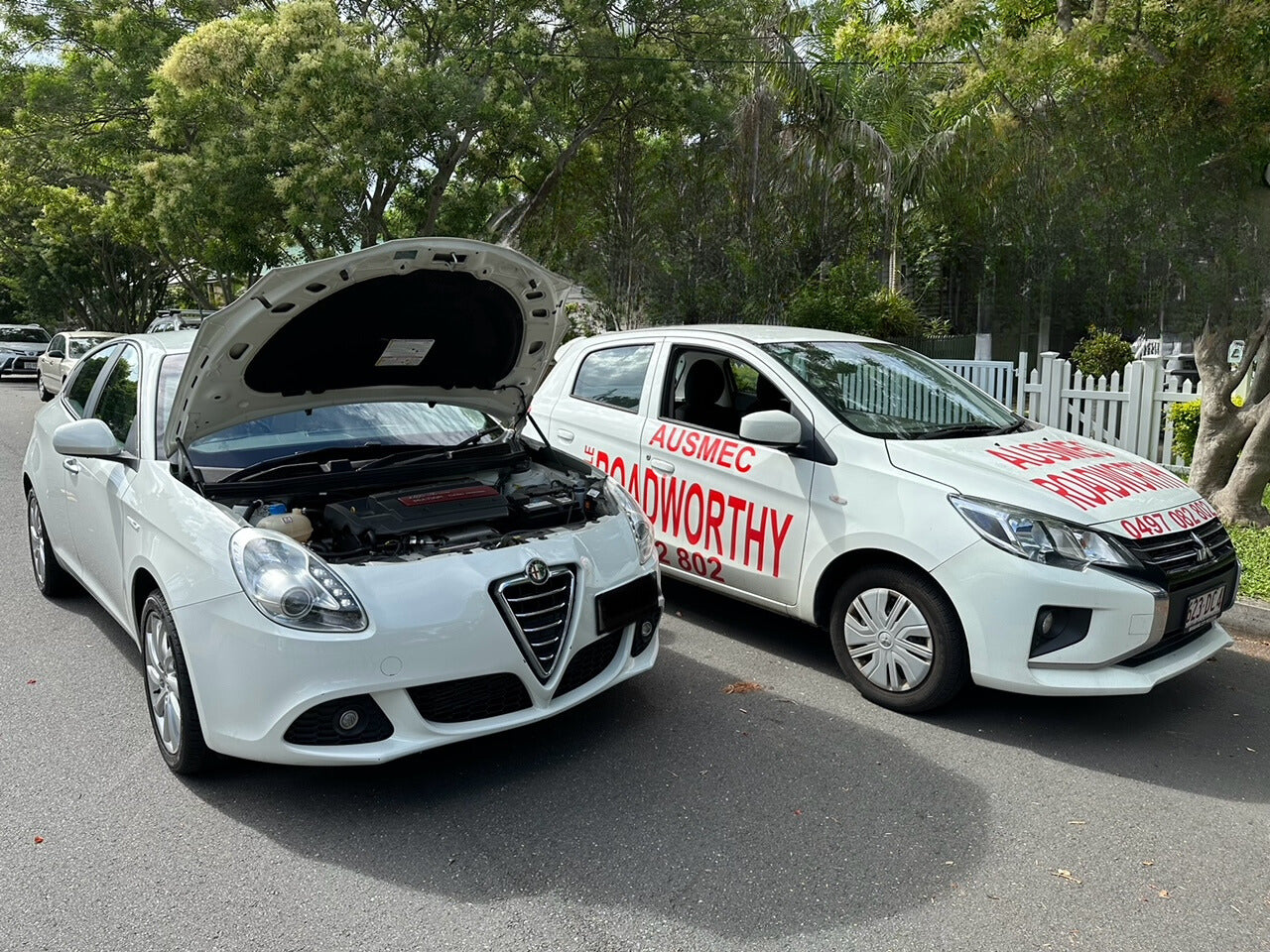AIS Examiners
The Role of an AIS Examiner in Queensland: Ensuring Roadworthy Vehicles
Approved Inspection Stations (AIS) play a crucial role in maintaining road safety in Queensland, Australia. They are authorized facilities that conduct inspections and issue roadworthy certificates (RWCs) for registered vehicles. At the heart of this system lies the AIS Examiner, a qualified individual responsible for carrying out these inspections.
Who is an AIS Examiner?
An AIS Examiner is a skilled professional with the knowledge and expertise to assess a vehicle's compliance with Queensland's roadworthiness standards. Here's a breakdown of their qualifications and experience:
- Formal Training: They undergo comprehensive training programs approved by the Department of Transport and Main Roads (TMR).
- Technical Expertise: They possess a strong understanding of vehicle mechanics, electrical systems, and safety components.
- Up-to-Date Knowledge: They stay current with the latest legislation and regulations governing roadworthy inspections, including the Transport Operations (Road Use Management) Act 1995 and the Transport Operations (Road Use Management) Regulation 2009.
Responsibilities of an AIS Examiner:
The duties of an AIS Examiner are critical for ensuring public safety on Queensland roads. These responsibilities can be categorized as follows:
1. Pre-Inspection:
- Verifying Vehicle Documentation: Confirming the vehicle's registration details and ownership information.
- Visual Inspection: Performing a preliminary visual assessment of the vehicle to identify any obvious safety hazards.
2. Roadworthy Inspection:
- Following Standardized Procedures: Conducting a meticulous inspection of the vehicle according to the outlined steps in the AIS Business Rules.
- Assessing Key Safety Areas: This includes examining brakes, steering, suspension, tires, wheels, lights, electrical components, windscreens, bodywork, engine, and emissions systems.
- Utilizing Required Equipment: Employing specialized tools and gauges to measure tire tread depth, brake performance, and other critical parameters.
- Objective Evaluation: Maintaining impartiality and basing their decisions solely on whether the vehicle meets the designated standards.
3. Post-Inspection:
- Providing Results: Informing the vehicle owner of the inspection outcome (pass or fail).
- Issuing RWC (if applicable): If the vehicle passes, the examiner generates and issues a valid roadworthy certificate.
- Detailed Records: Maintaining accurate records of the inspection, including details of the vehicle, the examiner, and the results.
4. Maintaining Professional Standards:
- Continuing Professional Development: Attending ongoing training courses to stay current with evolving regulations and vehicle technologies.
- Ethical Conduct: Upholding the highest ethical standards and avoiding any conflicts of interest.
The Importance of AIS Examiners:
Qualified AIS Examiners are essential for ensuring the safety of Queensland's roads. Their meticulous inspections help to:
- Reduce the risk of accidents caused by mechanical failures or unsafe vehicles.
- Protect drivers, passengers, and pedestrians by guaranteeing vehicles meet minimum safety standards.
- Maintain public confidence in the roadworthiness inspection process.
By fulfilling their responsibilities diligently and upholding high professional standards, AIS Examiners play a vital role in contributing to a safer and more sustainable transportation system.
Contact form
Ausmec Mobile RWC & Mechanics
Mobile Roadworthy (Safety certificate)
Share




